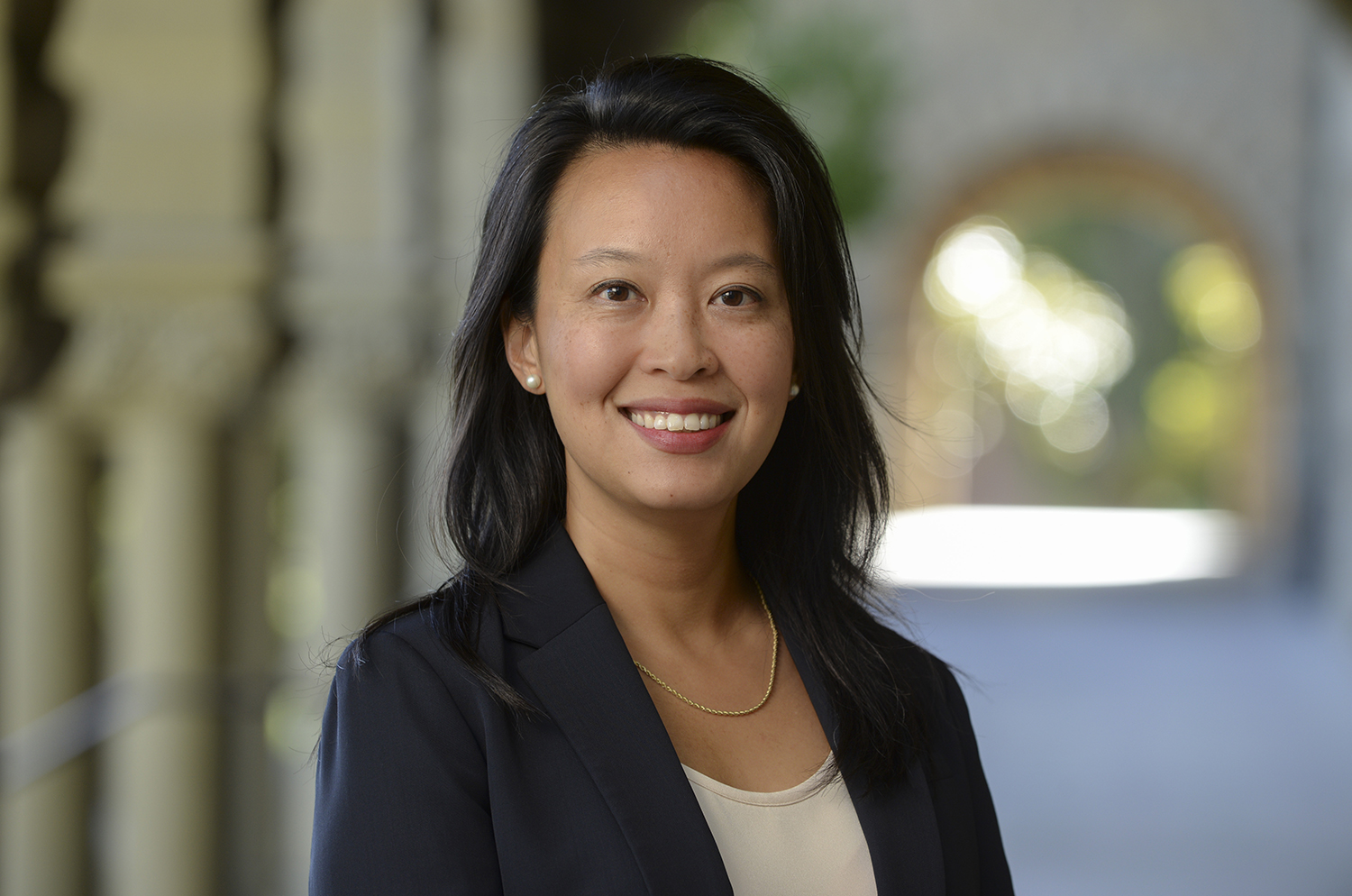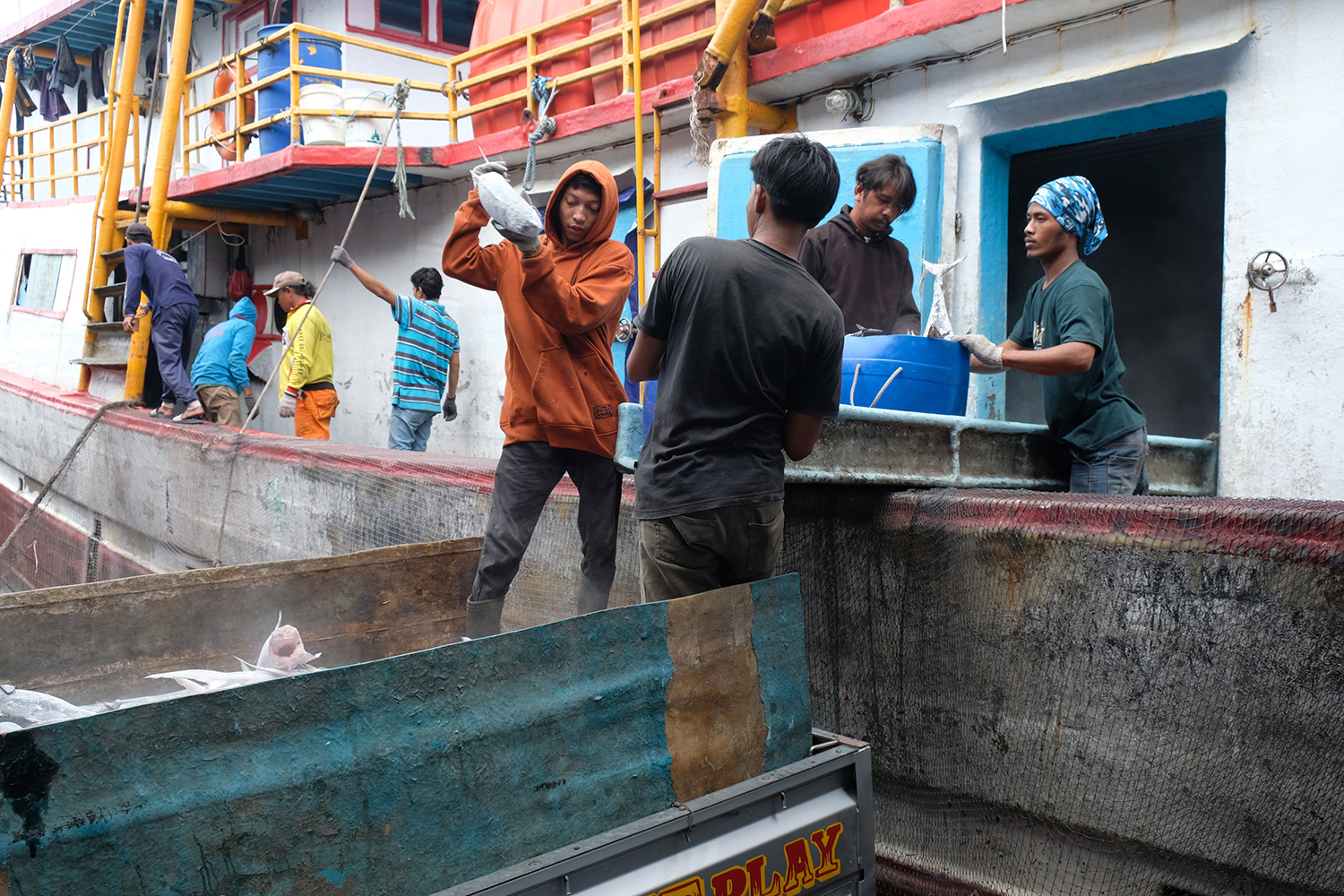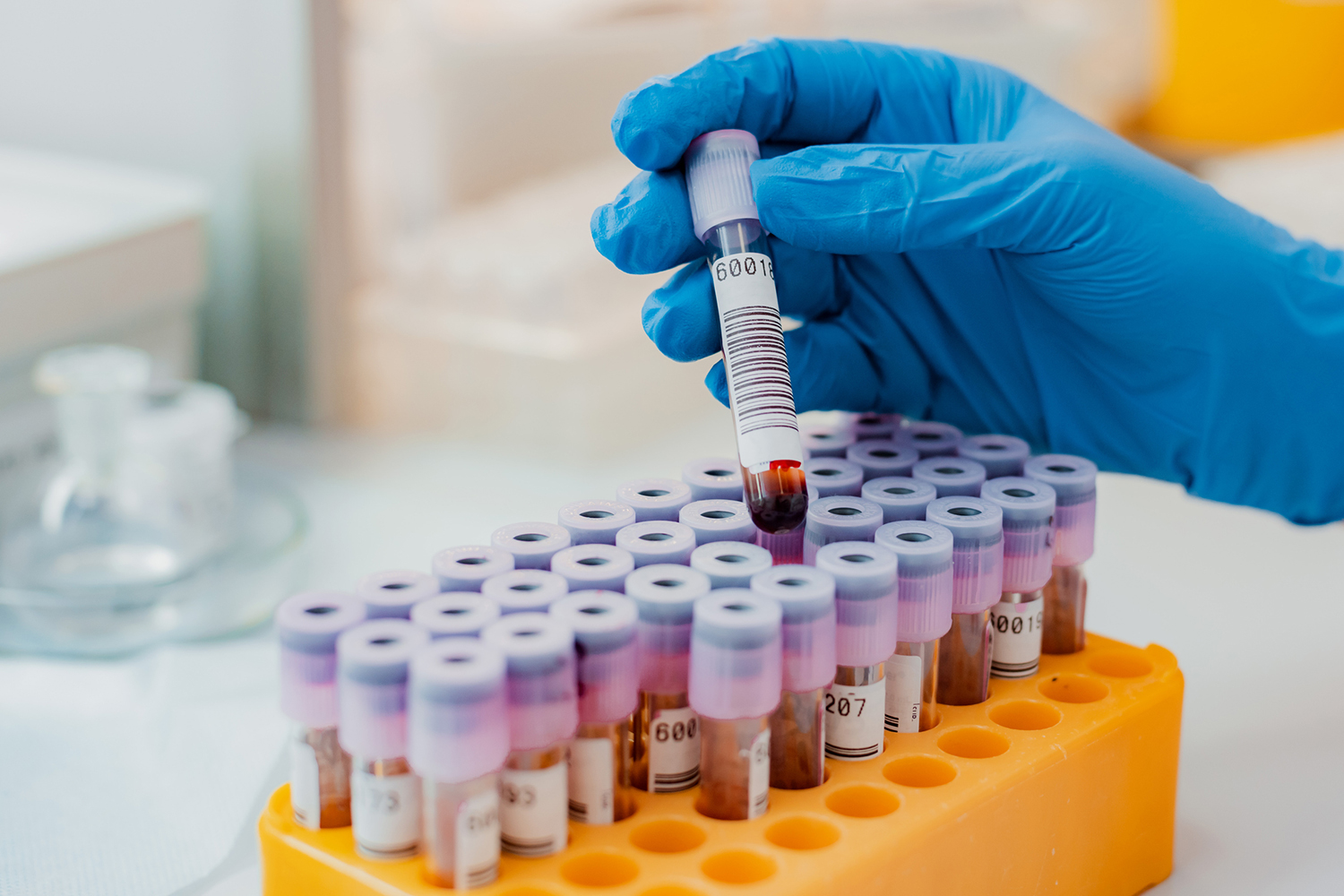
New study could lead to development of more drought-resistant corn
Science & EngineeringResearch
As climate change increases droughts, Stanford researchers have identified a potential way to improve corn resilience.

In her new book, Didi Kuo argues political parties no longer exist to represent their constituents
Social SciencesBook
Kuo, a fellow at the Freeman Spogli Institute for International Studies, says this evolution lays the groundwork for serious imbalances in who democracy serves.

Blue food project taps the ocean’s potential to feed the world
Earth & ClimateNews
A collaboration between Stanford researchers and Indonesian organizations aims to capitalize on aquatic food sources to improve nutrition, food security, and livelihoods.

Stanford law clinic celebrates two decades of landmark Supreme Court victories
AcademicsNews
Since its inception, Stanford Law’s Supreme Court Litigation Clinic has won seminal rulings in favor of gay rights, criminal defendants, students with disabilities, and more.
In the news

The affinity for scanning a sonnet ... is similar to wanting to develop models that make genomic or protein sequences more interpretable and reveal their hidden structure. It’s almost like literary criticism on biology sequences.”
Brian Hie, assistant professor of chemical engineering, on his “ChatGPT for genomes,” which can pick up patterns that humans can’t see.
Eliminating NO2 emissions from Indian farmlands could cut crop damages amounting to $800 million per year
A study by researchers at the Doerr School of Sustainability found that NO2 emissions from coal-fired plants drag down annual wheat and rice yields in many parts of India by 10% or more.
Stanford’s president knows he can’t make everyone happy
On the Freakonomics podcast People I (Mostly) Admire, Stanford President Jonathan Levin opened up about his groundbreaking economics research and perspectives on higher-education leadership.
Upcoming events
View all Upcoming events





